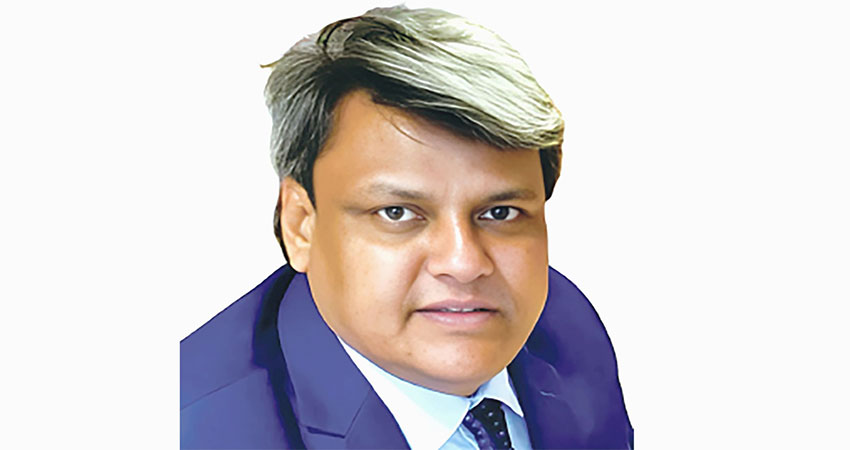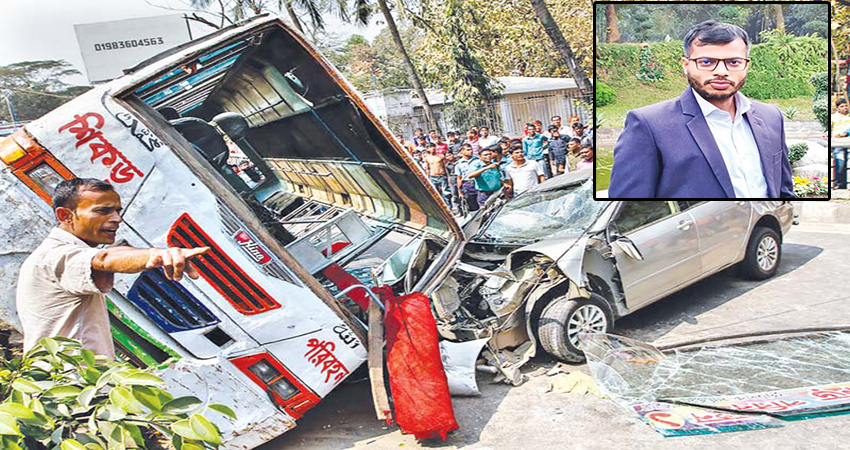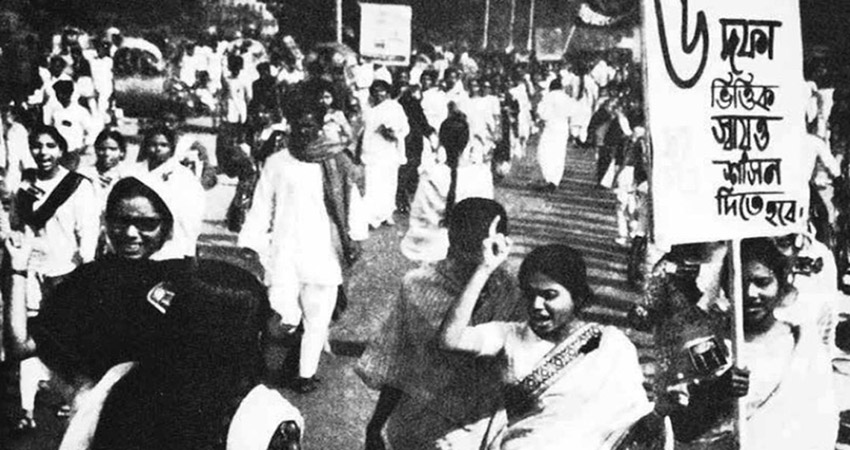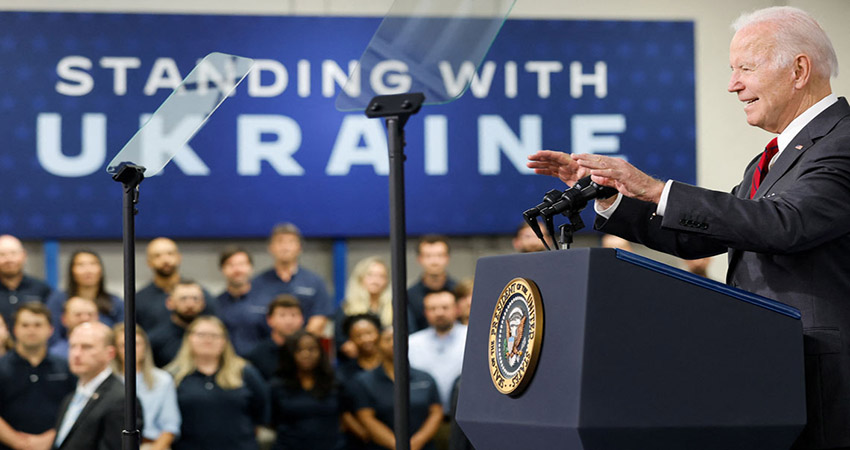The Bengal Society of Literature and Culture Presents : Exploring World Peace through the thought of Bangabandhu: Rabindranath, and Nazrul context.
Recently, the vibrant atmosphere at Dhaka's Shilpakala Academy was filled with intellectuals, politicians, social activists, and cultural icons from around the world as they gathered for an international seminar organized by the Bengal Society of Literature and Culture. The event, orchestrated by the esteemed organizer and cultural personality Kamrul Islam, delved into the profound theme of "World Peace in the Thought of Bangabandhu: Rabindranath and Nazrul Context."
During the engaging discussions, distinguished academics and renowned personalities both from home and abroad shed light on the invaluable contributions of Bangabandhu, emphasizing his vision for global harmony and tranquility. Alongside the intellectual deliberations, the event also featured a delightful celebration of the birthday of the esteemed writer Selina Hossain, along with captivating dance performances and thought-provoking conversations.
This colorful event brought together individuals who recognized the significance of Bangabandhu's ideals, exploring how they intersected with the literary legacies of Rabindranath Tagore and Kazi Nazrul Islam. Through this platform, the Bangiya Sahitya Sanskriti Samsad (Bengal Society of Literature and Culture) aimed to inspire and foster a deeper understanding of world peace, leaving a lasting impact on all who attended.
Sheikh Hasina's Leadership: Carrying Bangladesh Forward with the Spirit of Bangabandhu
Mahbubul Alam Hanif, the Awami League Joint General Secretary, praised Sheikh Hasina, the current Prime Minister of Bangladesh, for her remarkable leadership, inspired by her father Bangabandhu Sheikh Mujibur Rahman. Hanif emphasized that under Sheikh Hasina's guidance, Bangladesh has made significant strides in overcoming crises and transforming the nation from darkness to light. Drawing inspiration from Bangabandhu's reliance on the people, Hanif highlighted the pivotal role played by Bangabandhu during the language movement of 1952, even from his prison cell. Furthermore, the article explores the historical journey of Bangabandhu, his commitment to justice, and the international recognition received by both Sheikh Hasina and her father.
From Prison to Independence:
Bangabandhu Sheikh Mujibur Rahman was born in the remote village of Gopalganj and exhibited a passion for championing people's rights from a young age. After completing his education in Kolkata, he recognized the responsibility he bore towards his country. The creation of East Pakistan and West Pakistan in 1947 on the basis of the two-nation theory led to discrimination against Bengalis in East Pakistan by West Pakistan. Bangabandhu vehemently protested against this injustice, particularly the imposition of Urdu as the state language, which marginalized the Bengali-speaking majority. His consistent resistance to discrimination paved the way for the Bengalis' fight for autonomy.
Realizing the Importance of People's Mandate:
Through various movements, such as the education movement of 1962, the six-point declaration of 1966, the popular uprising of 1969, and winning the mandate in the 1970 elections, Bangabandhu understood that true independence could only be achieved through the people's support. Recognizing the importance of their endorsement, he declared independence, leading the nation to fight for nine months to secure its freedom.
International Recognition for Bangabandhu:
The World Peace Council awarded Bangabandhu Sheikh Mujibur Rahman the Julio Curie Peace Medal on October 10, 1972, acknowledging his efforts in establishing peace and independence. On May 23, 1973, the then Secretary-General of the World Peace Council, Ramesh Chandra, officially presented the medal to Bangabandhu. Chandra praised him as a man of peace and independence, emphasizing that his friendship extended beyond Bengal to the entire world.
The Unfortunate Loss:
Tragically, Bangabandhu's unwavering support for the oppressed and his commitment to justice came to a devastating end on August 15, 1975, when he was assassinated in his own residence by individuals from his own country. His untimely demise remains a profound sorrow for the nation.
The Immortal Legacies of Rabindranath Tagore and Kazi Nazrul Islam:
Hanif also paid tribute to two remarkable figures in Bengali literature: Rabindranath Tagore and Kazi Nazrul Islam. Rabindranath Tagore's extraordinary talents spanned various fields and his writings encompassed profound insights into life, people, love, and hatred. Hanif expressed his belief that Bengal would never witness another talent like Tagore. Meanwhile, Kazi Nazrul Islam, the national poet, stood against injustice and exploitation, inspiring people with his powerful writings. Guided by the inspiration of both Tagore and Nazrul, the Bengali nation fought and ultimately liberated the country.
International Acclaim for Sheikh Hasina:
Jeffrey Sachs, the President of the UN Sustainable Development Solutions Network and a renowned development economist from the United States, hailed Prime Minister Sheikh Hasina as the "crown jewel" of the Bengali.
This event serves as a testament to the enduring legacy of Bangabandhu Sheikh Mujibur Rahman and the commitment of the Awami League, under Sheikh Hasina's leadership, to propel Bangladesh forward towards a brighter future.
Writer : Dr Md Abu Bakar Siddique widely known as Dr Dipu Siddiqui, Associate Professor and Chairman Department of Education Royal University of Dhaka, General Secretary Katha Shiipi Shawkat Osman Smriti Parishad.Country Director MTV Network USA Editor-Daily Presswatch.


















